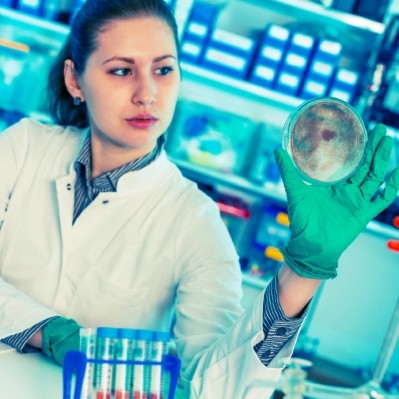Dioxin crisis widens in Belgium, Netherlands, Germany
Belgium, the Netherlands and Germany placing quarantines on
hundreds more pig and poultry producers that received contaminated
feed.
The dioxin contamination, not only means a sourcing problem for processors, but also marks another European food scare that might put people off their meat.
The threat of avian influenza has already hit poultry consumption is some countries, while the beef industry is starting to recover from fears over BSE and food-and-mouth disease.
So far only South Korea has banned the import of pork from Belgium and the Netherlands as a result of the discovery. The country is the most important non-EU destination for pork produced in the two countries. They exported a total of 25,000 tonnes of pork worth about €62 million to South Korea in 2005.
A total of about 650 pig and poultry farms are now under quarantine in the three countries.
Food safety regulators in the Netherlands and Belgium also announced that some of the meat from contaminated farms was sold in shops over the last two months. Both regulators said the level of contamination did not pose any serious risk to public health.
Yesterday Belgium extended a quarantine to a total of 386 pig and poultry producers suspected of receiving feed contaminated with the carcinogen, doubling the number the country's food safety agency (FAVV) had originally banned from the market. Of these 361 were pig farms, 24 were poultry farms, and one rabbit producer.
FAVV said test results from the suspect farms will be available Saturday.
The Netherlands food regulator (VWA) said on 31 January that 250 producers remain under quarantine and that tests are currently underway. The regulator also released a report from the Dutch Office for Risk Assessment.
"Consumption of pork meat and meat products could lead to a slight increase of the dioxin intake of consumers," the report stated. "In the most extreme intake scenario the tolerable weekly intake of dioxins might be slightly exceeded. However, the calculated incidentally increased intake does not pose a health risk for the consumer."
Meanwhile Germany's regulator has quarantined five pig farms and is currently testing for the carcinogen.
Tessenderlo, a feed ingredients company fingered as the source of the contamination, today said that an inadequate test had resulted in the error.
"For Tessenderlo Group, discussions about compensation and amicable settlements are premature as long as the various investigations are under way," the Belgium-based company stated. "The problem shows that the PCB test was inadequate for testing dioxins and that we were wrong, as were most specialists, to rely on it."
The discovery of the dioxin contamination was first reported by the Netherlands, which on 25 January sent out an EU-wide alert on pig fat originating from Belgium. The Netherlands said its tests indicated dioxin levels 25 time the maximum permitted concentrations in pork fat.
The dioxin was discovered in pork fat produced by Profat. FAVV said that between 6 and 28 October, two filters at Tessenderlo Chemicals were defective, resulting in untreated hydrochloric acid being delivered to its subsidiary, PB Gelatins. PB Gelatins in turn, supplied animal feed producers with dioxin contaminated ingredients.
FAVV found that that a normal consumption of such the gelatine produced by PB Gelatins is less than 25 per cent of the amount of acceptable dioxin consumption.
" That thus means that there is currently no immediate danger to the public health," the agency stated.
The Belgian food agency has also put under monitoring the stockbreeding customers of Leroy and Algoet, two other feed producers.
The Tessenderlo Group has admitted that a hydrochloric acid filtration problem at their plant is the likely source of the dioxin contamination. In a press release the company said the contaminated feed poses no threat to public health.
Belgium and the Netherlands, along with France and Germany, are among the top pig meat producers in the EU. The Netherlands accounted for about eight per cent of the EU's production in 2000, according to the bloc's figures.
Dioxin has been the cause of numerous food scares. It was found in Dutch potato animal feed in 2004. Pig farmers in the Netherlands were found to be using it as an illegal hormone for pigs in 2002.
Belgium's meat industry suffered a similar blow in 1999, when dioxin was discovered in pigs and chickens. Then, the industry lost millions of euros either through a quarantine of some 200 Belgian farms, or through the loss of their export markets after some countries imposed bans.
The country ended up slaughtering seven million chickens and 60,000 pigs. The scare, which occurred just before the 1999 general election, played a key part in the landslide defeat of the former government of Jean-Luc Dehaene.






